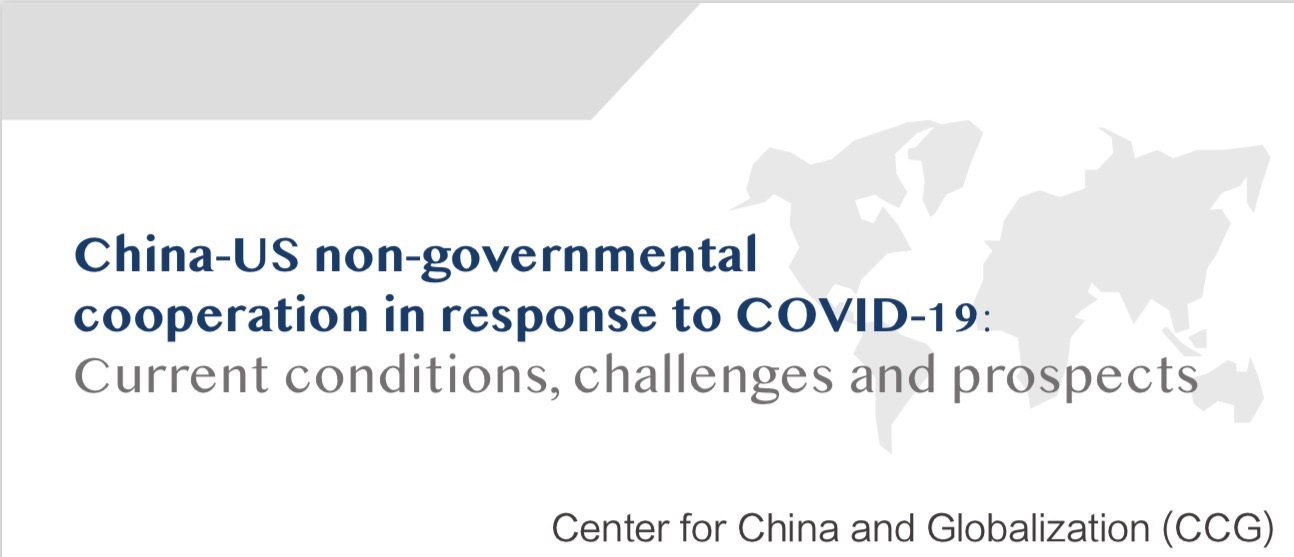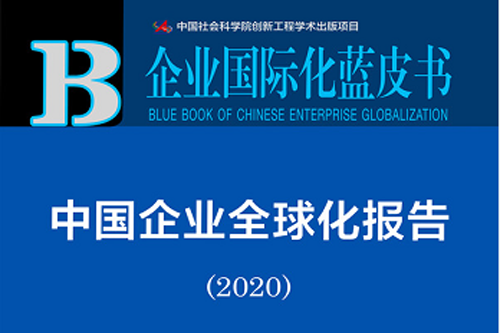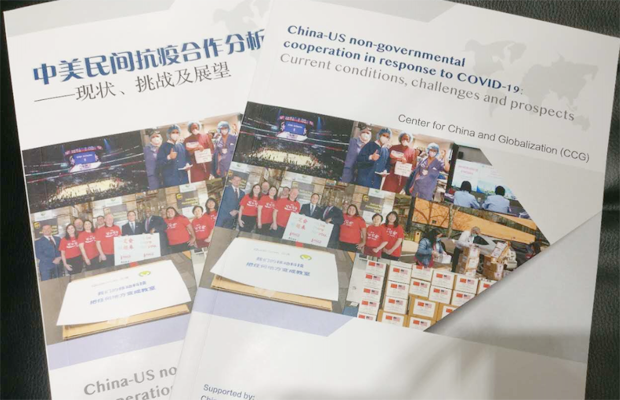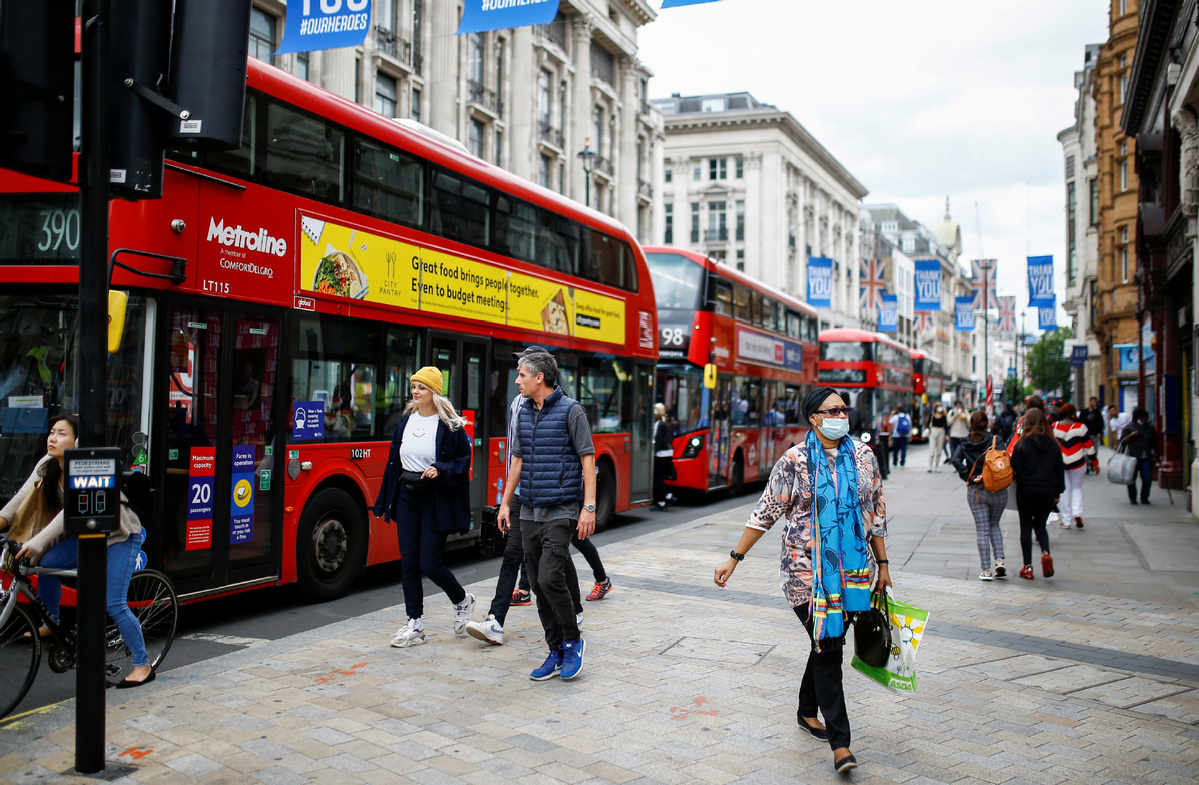CCG advocates the development of talent mobility. Committed to study of the globalization of talent, CCG conducts major research projects, organizes events, publishes books and research reports in the fields of international talent, international migration, overseas Chinese, and the situation of talent studying abroad and returning to China.
Impact on Policymaking Based on solid empirical research results, CCG proposes a series of policy recommendations to improve China's talent development and immigration system, and plays an active role in promoting major policies, such as the establishment of the National Immigration Administration.
CCG has published a series of Blue Books such as the Blue Book of Global Talent: Annual Report on the Development of Chinese Students Studying Abroad, Blue Book of Global Talent: Annual Report on Chinese International Migration, Blue Book of Regional Talent: Report on China’s Regional International Talent Competitiveness, and the IOM World Migration Report, as well as a series of English books with Springer, including China’s Domestic and International Migration Development, filling the gap in the field of international talent research in China.
CCG has established brand forums such as the China Talent 50 Forum and the Global Education 50 People Forum, and has hosted the China Overseas Returnees Innovation and Entrepreneurship Forum for many years.
CCG's initiative of establishing the Alliance of Global Talent Organizations is supported by relevant national ministries and the Beijing municipal government. CCG’s proposal was selected to participate in the first Paris Peace Forum and CCG held an event on the Alliance of Global Talent Organizations titled “Brain Drain: Making Better Use of the World’s Talent” at the second Paris Peace Forum.
-

US-China NGO cooperation essential in pandemic fight
Despite strained diplomatic ties between China and the United States, nongovernmental cooperation in response to the coronavirus pandemic shows how shared ideals of humanitarianism and bonds built over four decades of engagement can transcend nationalist sentiment and politicization, analysis has shown.
July 13 , 2020 -

Fighting the coronavirus pandemic amid the China-U.S. rift
While the years-long trade war has yet to recede, the coronavirus pandemic is further fueling the estrangement between China and the U.S. Over the past months, toxicity from COVID-19 has evolved into toxicity in politics as the two nations drift further from their four-decade-long engagement policy. Fears of decoupling and a new cold war dominate today's rhetoric about the entanglement of the world's two economic titans.
July 09 , 2020 -

CCG releases 2020 Bluebook Report on Chinese Enterprise Globalization
Recently, the Center for China and Globalization (CCG) released the 2020 Bluebook Report on Chinese Enterprise Globalization. Co-authored by CCG and the Development Research Institute of Southwestern University of Finance and Economics, this report was edited by Wang Huiyao, CCG president and dean of the Development Research Institute of Southwestern University of Finance and Economics, as well as Miao Lu, CCG secretary-general, and published by the Social Sciences Academic Press of the Chinese Academy of Social Science.
July 08 , 2020 -

China-US civilian cooperation strong despite political headwinds
U.S. President Trump has blamed the global coronavirus pandemic on China, straining relations between the two countries. But it by no means represents how non-governmental sectors in both countries have viewed and worked to cope with the unprecedented health crisis. That's according to a think-tank report, China-US non-governmental cooperation in response to COVID-19. The report is released Monday by the Center for China and Globalization, with support from the Chinese People's Association for Friendship with Foreign Countries (CPAFFC) and the China Friendship Foundation for Peace and Development (CFFPD).
July 07 , 2020 -

Andrew Moody: Huawei issue focuses spotlight on Sino-UK ties
The United Kingdom could be dealt a severe economic setback if Chinese telecom giant Huawei is barred from taking part in creating the country's 5G network, according to experts. Some Conservative members of Parliament are calling on the UK government to reverse its decision taken in January to back Huawei's involvement in the next generation of wireless network technology. Many in the business community are worried that any such U-turn would deny the UK the opportunity to be a European leader in the technology at a time when the country's economy needs a significant boost.
July 02 , 2020


